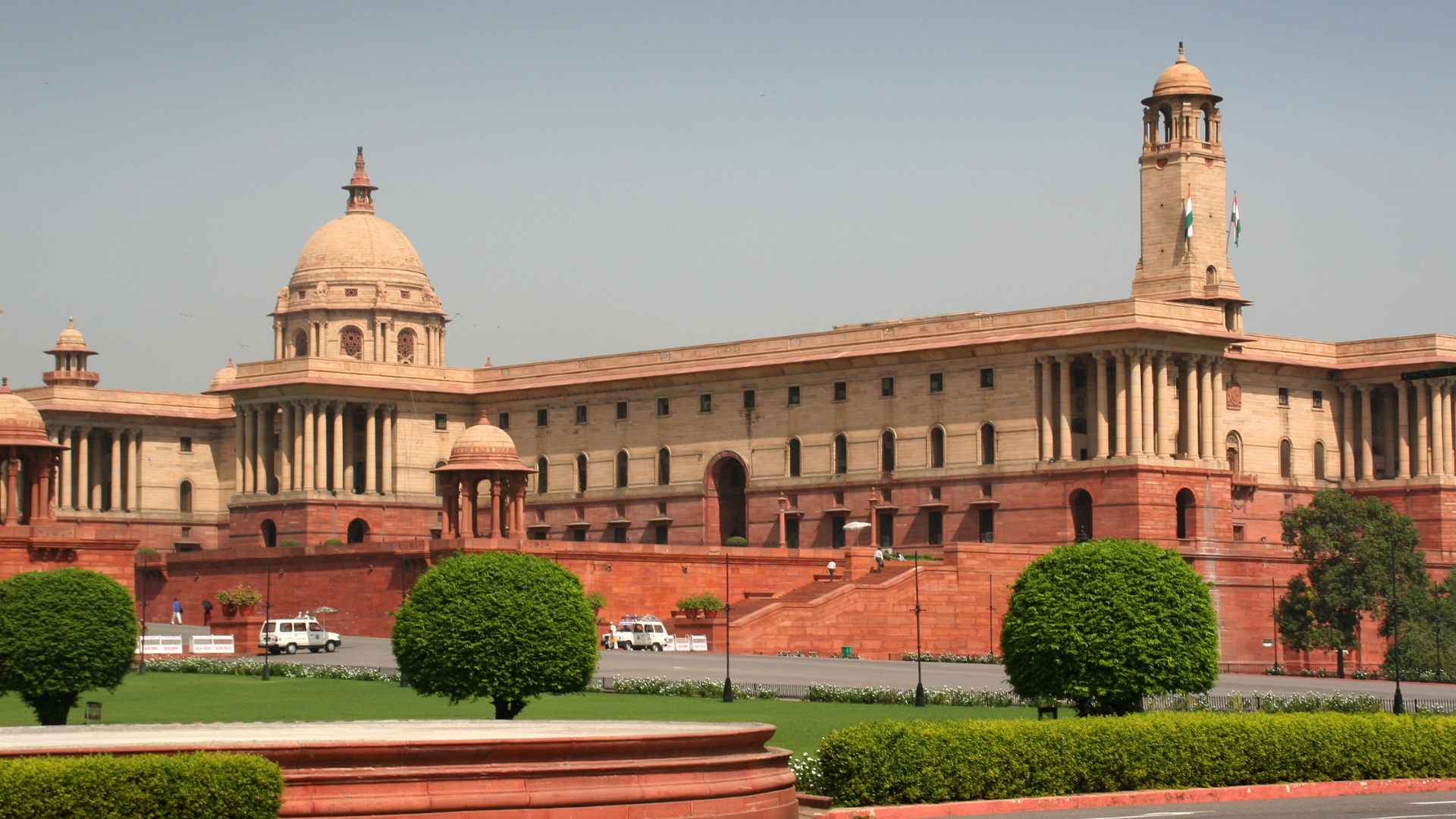The Waqf Amendment Bill 2024: Key Changes, Impact, and Controversies
The Waqf Amendment Bill, 2024, is one of the most debated legislative proposals in India today. Introduced in the Lok Sabha on August 8, 2024, the bill seeks to reform the management and administration of waqf properties in the country. With significant changes in governance, registration, and dispute resolution, the bill has sparked both support and criticism.
In this article, we will explore the key provisions, implications, and ongoing debates surrounding the Waqf Amendment Bill, 2024 and how it could impact waqf property management in India.
What is the Waqf Amendment Bill, 2024?
The Waqf Amendment Bill, 2024 proposes amendments to the existing Waqf Act of 1995, which governs the administration of waqf properties—assets dedicated to religious or charitable purposes in Islam. The bill introduces major structural changes to ensure better regulation and prevent misuse of waqf lands.
Key Provisions of the Waqf Amendment Bill, 2024
1. Redefinition of Waqf Declaration
One of the most significant changes is that only individuals who have practiced Islam for at least five years and own the property can declare it as waqf. This amendment eliminates the concept of “waqf by user,” where a property could be deemed waqf simply by long-term usage for religious purposes.
2. Changes in Survey Authority
Under the new bill, the responsibility of surveying waqf properties will shift from the Survey Commissioner to the District Collector or a Deputy Collector-ranked officer. This change aims to improve transparency and accountability in property surveys.
3. Restructuring of Waqf Governance Bodies
- The composition of the Central Waqf Council and State Waqf Boards will now include non-Muslim members.
- This could potentially allow non-Muslims to form a majority in these governing bodies, raising concerns about religious autonomy.
- Critics argue that this violates Article 26 of the Indian Constitution, which grants religious communities the right to manage their own affairs.
4. Establishment of Separate Waqf Boards for Bohra and Aghakhani Communities
- Recognizing the unique religious practices of Bohras and Aghakhanis, the bill proposes the creation of separate Waqf Boards for these communities.
- This move is seen as an effort to provide better representation and management of community-specific waqf properties.
5. Online Registration and Property Mutation System
- The bill introduces a centralized online portal for waqf property registration.
- Property mutations (ownership changes) will now have detailed procedures to prevent disputes and ensure transparency.
6. New Tribunal Structure for Dispute Resolution
- A two-member tribunal system will be introduced to handle waqf disputes.
- Appeals against tribunal decisions can be made to the High Court within 90 days.
- This reform aims to reduce delays in resolving waqf-related disputes.
Why is the Waqf Amendment Bill, 2024, controversial?
While the government claims that the bill promotes transparency and better governance, several opposition parties and religious organizations have raised strong objections:
1. Concerns About Religious Autonomy
- Critics argue that allowing non-Muslims in Waqf governance could undermine the independent management of Islamic charitable trusts.
- The provision to restructure Waqf Boards may violate constitutional rights under Article 26.
2. Impact on Waqf Property Rights
- The removal of “waqf by user” may lead to legal battles over properties previously considered waqf but lacking official declarations.
- Many fear that this change could result in the reversal of long-standing waqf holdings.
3. Political and Electoral Implications
- The bill has been introduced following the government’s recent electoral victories, raising concerns about political motivations behind the proposed amendments.
- Opposition parties claim the bill is designed to weaken the influence of Muslim religious institutions.
Latest Updates on the Waqf Amendment Bill, 2024
Parliamentary Debate and Joint Parliamentary Committee (JPC) Review
- After introduction, the bill was referred to a Joint Parliamentary Committee (JPC) for detailed examination.
- The JPC approved the bill in January 2025, incorporating 14 amendments based on consultations.
- The committee’s report was tabled in both Houses of Parliament amid major protests by opposition leaders.
Upcoming Parliament Session and Voting
- As of March 2025, the bill is set to be a hot topic in the upcoming parliamentary session.
- The government is keen on passing the bill before the next budget session, but strong opposition resistance may lead to delays or modifications.
Impact of the Waqf Amendment Bill, 2024, on Waqf Properties in India
If passed, the bill will bring major changes to waqf property administration, including:
- Stronger government oversight over waqf property registrations and disputes.
- Potential reduction in waqf disputes due to clearer legal processes.
- Increased political tensions over the restructuring of Waqf Boards.
- Legal challenges from religious organizations and opposition parties.
Final Thoughts: Is the Waqf Amendment Bill, 2024, a Step Forward or Backward?
The Waqf (Amendment) Bill, 2024, is landmark legislation that could reshape waqf governance in India. While the bill introduces much-needed reforms in property registration, dispute resolution, and transparency, concerns about religious autonomy and government interference remain unresolved.
As the parliamentary debate continues, the final version of the bill may undergo further modifications before becoming law. The coming weeks will be crucial in determining whether this bill will be accepted, challenged, or further amended.
Stay Updated
For the latest updates on the Waqf Amendment Bill, 2024, follow government press releases, legal experts, and major news channels.
What are your thoughts on the Waqf Amendment Bill, 2024? Let us know in the comments!
FAQs: Waqf Amendment Bill, 2024
1: What is the Waqf Amendment Bill, 2024?
Ans. The Waqf Amendment Bill, 2024, proposes reforms in the administration of waqf properties in India, including governance restructuring and online property registration.
2: Why is the bill controversial?
Ans. Critics argue that including non-Muslims in Waqf Boards and removing “waqf by user” provisions could undermine religious autonomy and property rights.
3: What changes does the bill introduce in waqf property management?
Ans. Key changes include mandatory ownership declarations, government-appointed survey authorities, and a centralized online registration system for waqf properties.
4: What is the current status of the bill?
Ans. The bill has been approved by the Joint Parliamentary Committee (JPC) and is expected to be debated in Parliament in March 2025.
Popular News:
- India Big Cricket Wins in 2025: Champions Trophy & T20 World Cup Victory
- Beautywise The Skincare Supplement Brand That Impressed Shark Tank India
- ICC Champions Trophy 2025 Updates: India vs Australia Showdown
- Apple 500 Billion Investment 2025 Updates : AI & Future Innovations Revealed
- David Lynch Visionary Director of Twin Peaks and Blue Velvet Dies at 78
- Reasons Why OYO Says NO to Unmarried Couples and What You Need to Know
- Who is Scott Boland and why he is famous?












